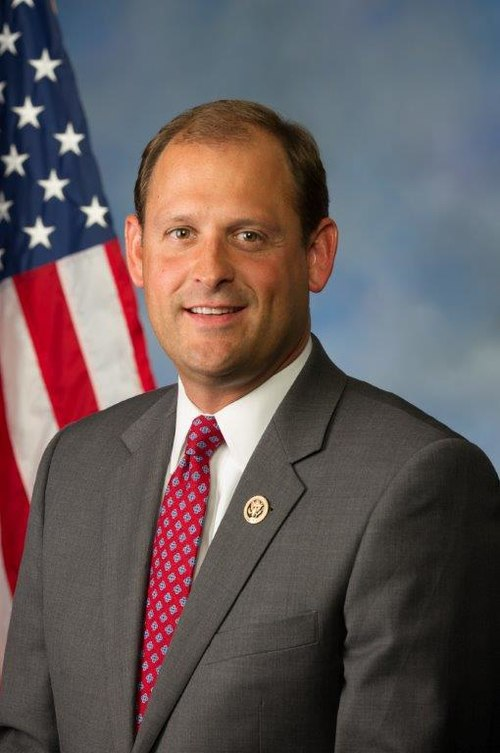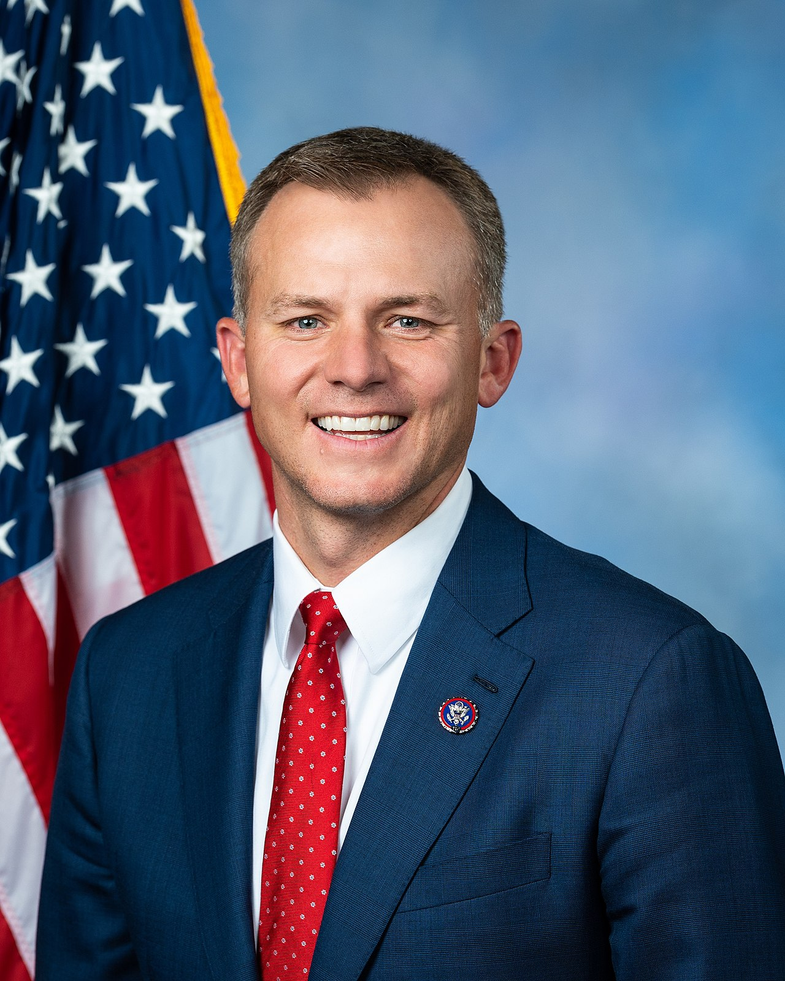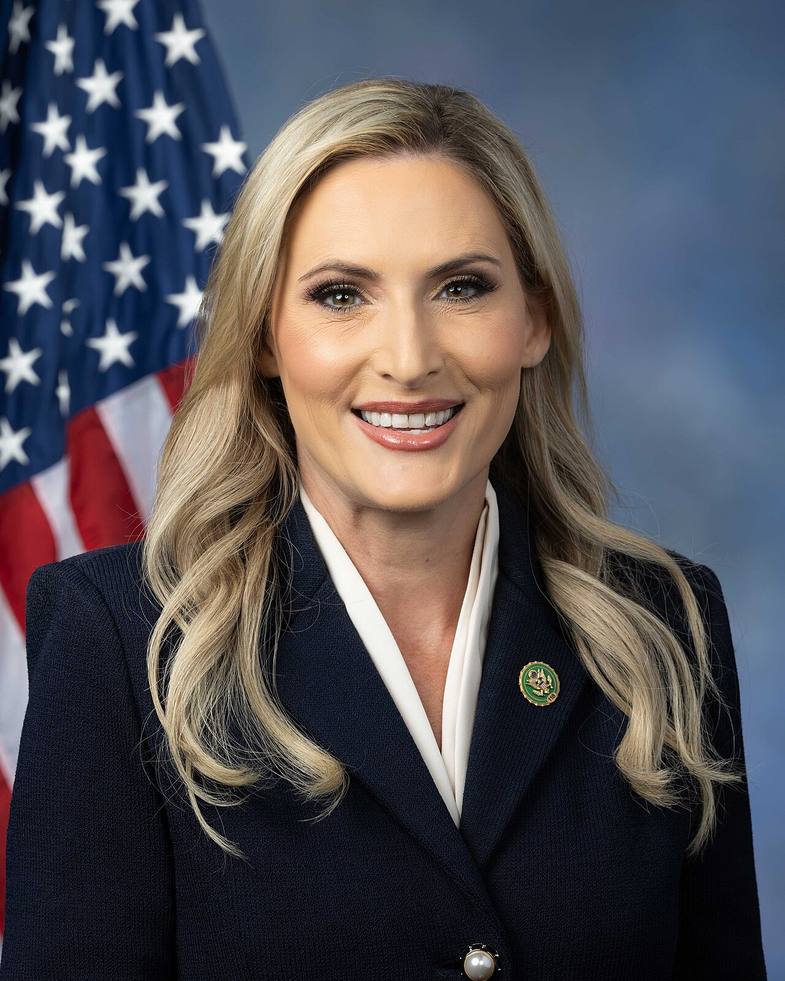H.R. 5253: Protecting American Research and Talent Act
This bill, titled the Protecting American Research and Talent Act, aims to place restrictions on the use of federal funds for certain research activities conducted by institutions of higher education. Below is a summary of the main provisions of the bill:
Prohibition of Federal Funding
The bill establishes a prohibition that no federal funds can be used to award grants or contracts to higher education institutions for the purpose of conducting fundamental research in collaboration with what it terms "covered entities." This means that if a university wants to receive federal funding for such research activities, it cannot collaborate with specific foreign entities deemed a security concern.
Definition of Covered Entities
A "covered entity" under this bill includes:
- Any academic institution listed under certain defense-related U.S. codes.
- Entities identified as Chinese military companies operating in the U.S.
- Specific Chinese universities or colleges known for their defense-related activities.
Waiver Provision
The bill allows for a waiver to this prohibition in certain cases. A federal agency head may grant a waiver if they determine that the collaboration serves the national security interests of the United States. To qualify for a waiver, the institution must meet specific enrollment criteria.
- The international student enrollment rate must be less than 15%.
- Enrollment from countries of concern must be less than 5% of the international student body.
Additionally, students from persecuted groups, identified by the Secretary of State, are not included in these enrollment cap calculations.
Reporting Requirements
Federal agencies that grant waivers are required to notify Congress within 30 days. Furthermore, these agencies must provide an annual report detailing compliance with the bill’s requirements. The report must include:
- A list of institutions that applied for waivers and their enrollment statistics.
- For each waiver granted, a justification and a detailed description of the collaboration involved.
Definitions
The bill includes various definitions to clarify its terms:
- Collaboration: Activities like sharing research facilities, sharing technical knowledge, joint ventures, or other formalized agreements for research.
- Fundamental Research: Defined as per national security directives, focusing on basic scientific inquiry.
- Institution of Higher Education: Refers to entities that qualify under the Higher Education Act, encompassing any affiliated departments or programs.
Implications
The implications of this bill are primarily on the relationships between U.S. higher education institutions and foreign entities, particularly those identified as security risks. Universities may face restrictions on funding opportunities if they engage in collaborations with the specified covered entities.
Relevant Companies
- NIO Inc. (NIO) - May be impacted if collaborating with U.S. institutions on research and technology development.
- Tencent Holdings Ltd. (TCEHY) - Research partnerships with U.S. universities could be limited under this bill.
- Alibaba Group Holding Ltd. (BABA) - Similar restrictions could affect collaborative research with U.S. educational institutions.
This is an AI-generated summary of the bill text. There may be mistakes.
Sponsors
1 sponsor
Actions
2 actions
| Date | Action |
|---|---|
| Sep. 10, 2025 | Introduced in House |
| Sep. 10, 2025 | Referred to the House Committee on Science, Space, and Technology. |
Corporate Lobbying
0 companies lobbying
None found.
* Note that there can be significant delays in lobbying disclosures, and our data may be incomplete.








